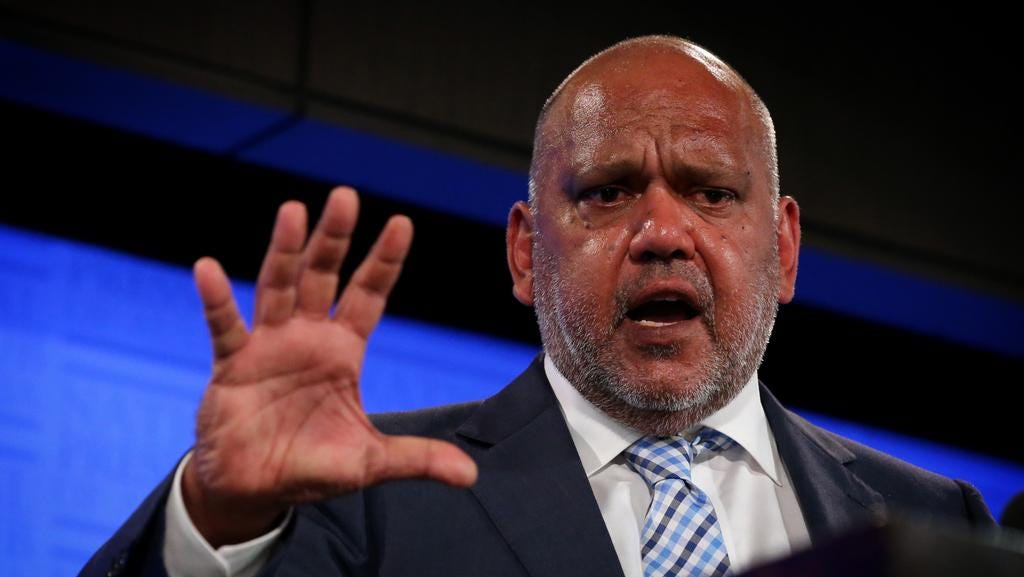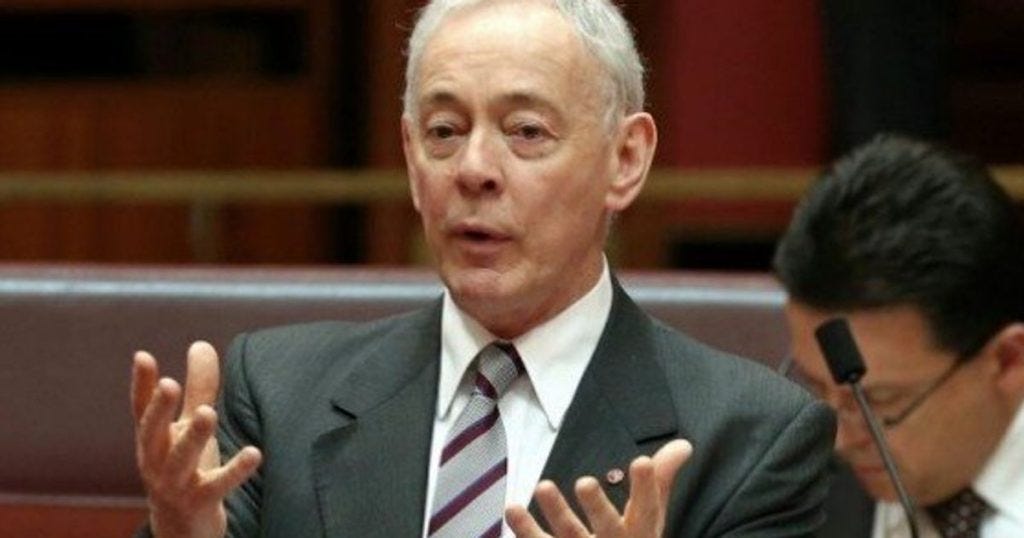Prison Break
In 1946, Viktor Frankl, Holocaust survivor and renowned author of the book Man’s Search for Meaning, proposed that the Statue of Liberty on the east coast of America be complemented by a Statue of Responsibility on the country’s west coast. He was later joined in this endeavour by Stephen Covey, author of The 7 Habits of Highly Effective People. The dream was to bookend the nation with two equally inspiring statues – one representing rights, the other responsibilities.
Both men have since passed on, but their dream is being kept alive by an organisation called Statue of Responsibility.
The dichotomy of rights and responsibilities is often raised during public policy debates.
Indigenous leader Noel Pearson, a key advocate for the Yes campaign, in discussing his work on rights and responsibilities in Cape York, has said:
“Until we take responsibility, there’ll be no turnaround in closing the gap.
“You think my mob like it when I talk about responsibilities?
“They love it when I talk about rights and how they’ve been victimised. They don’t like it, however, when I say take responsibility for your children – nobody’s going to save you until you get your family together.”
Can’t argue with that.
This is unquestionably an infringement on liberty, freedom and dignity. It violates a person’s right to earn a living and it violates their responsibility to provide for their families.
A core tenet of the Christian faith is that one day we all will stand before our Creator and give an account of our lives and be judged accordingly.
It must follow, therefore, that if people are going to be held responsible for their actions, they should have the right to decide how they live their life. Rights – responsibilities.
The first question I asked as a newly elected Senator in 2014 went something like this:
My question is to the Minister for Employment and Leader of the Government in the Senate, Senator Eric Abetz.
I refer to the Prime Minister’s statement on 28 May this year when he said, “People are more than capable of making decisions based on what is best for them”, and also to the statement by the Minister for Social Services when he said, “The best form of welfare is a job”.
If both those statements are true, why then can an 18 year old in my home State of South Australia
• get married
• have children
• drive a motor vehicle
• fly an aeroplane
• buy a house
• take out a mortgage
• enter into a mobile phone contract
• travel to some of the most dangerous places on earth
• smoke cigarettes
• drink alcohol
• enlist in the armed forces and shoot enemy combatants
• and, of course, vote
but NOT enter into an employment arrangement which, and I again quote the Prime Minister, “is best for them”?
It is customary for crossbenchers to send Ministers advance notice of questions they propose to ask during Question Time. I did so on this occasion. I also took the liberty of sending the Minister the preferred answer I would like to receive.
The Minister duly acknowledged my courtesy in sending him the question in advance and also informed the Senate that this was actually the first time he’d also received a suggested answer.
Humour aside, the answer I was looking for was, “Senator Day is quite right, this government is committed to putting in place employment arrangements which, as the Prime Minister has often said, ‘is best for the people making those decisions’. Accordingly, this government will, in due course, be tabling a simple, one sentence bill to be called the ‘Free to Work Bill’. The Free to Work Bill will state the following:
‘Notwithstanding the provisions of the Fair Work Act 2009, any contract of employment between a corporation and a natural person shall be lawful’.
That is all that is needed. Needless to say, that’s not the answer I got.
I have argued that a person could be unemployed, living at home rent-free, with no (or very low) cost of living and would be willing to work at a starting pay rate of say $20 an hour (which is a lot higher than they would be getting on Centrelink), but because penalty rates on weekends or public holidays are around $40 an hour they are not allowed to take these jobs. They stay unemployed, the business stays shut, and the customer doesn’t get what they want to buy.
It’s been said that any place you can’t leave is a prison. Australia’s present workplace regulation system is a prison, trapping a person in thousands of pages of regulations. When I ask why we lock people up like this, I am told “Oh it’s for their own good – we don’t want them to be exploited.”
… if people are going to be held responsible for their actions, they should have the right to decide how they live their life. Rights – responsibilities.
But where’s the outrage when these same young people end up on drugs or get involved in crime or suffer poor health or become pregnant or become recruits for bikie gangs or even commit suicide?
If those claiming to protect the unemployed from exploitation really cared as much as they say, then why do they do not stop them from doing a hundred and one other things that have a far bigger and more permanent impact on their lives than getting a job – like smoking or drinking alcohol or getting covered in tattoos or getting married, or having children, or backpacking through South America. At least with a job you can quit any time.
This is unquestionably an infringement on liberty, freedom and dignity. It violates a person’s right to earn a living and it violates their responsibility to provide for their families.
The post Prison Break appeared first on Liberty Itch.




